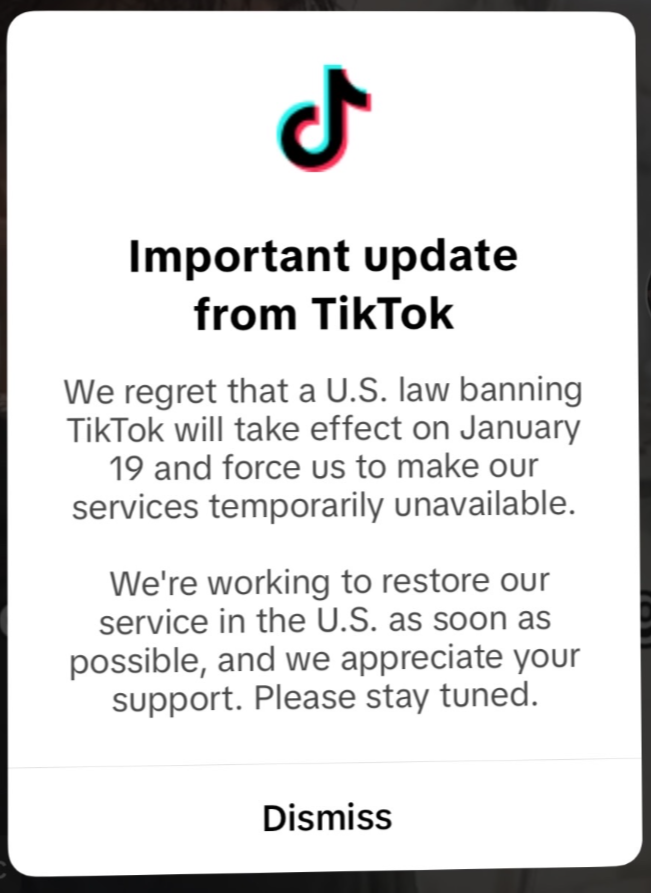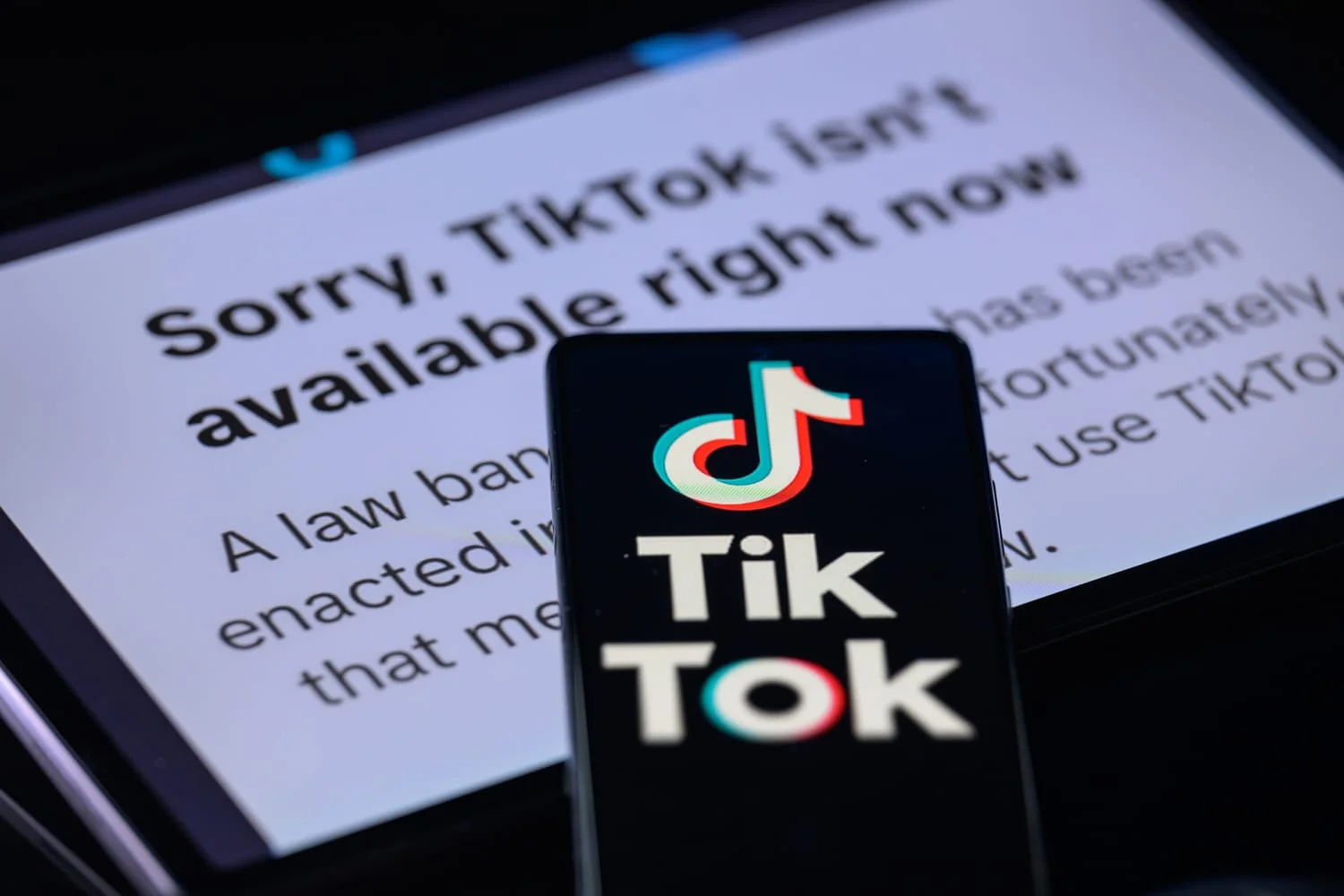TikTok is working to restore its platform in the United States after briefly going offline as a national security law banning the app came into effect. The company confirmed its efforts on Sunday, thanking President-elect Donald Trump for providing the necessary clarity to prevent penalties for service providers supporting access to the app.
A Temporary Blackout
Late Saturday, U.S. TikTok users found the app unavailable ahead of the ban’s official enforcement on Sunday. The law, citing national security risks associated with TikTok’s Chinese parent company, ByteDance, had ordered the platform to sever ties with its China-based ownership or face shutdown. U.S. officials have long warned of potential misuse of American user data by the Chinese government.

Trump announced plans to delay the ban, stating, “I will extend the period of time before the law’s prohibitions take effect so that we can make a deal to protect our national security.” He also proposed a joint venture, suggesting the United States hold a 50% ownership stake.
In a message shared with users before the app went dark, TikTok expressed optimism: “We are fortunate that President Trump has indicated he will work with us on a solution to reinstate TikTok once he takes office. Please stay tuned.”
Mixed Reactions and Ripple Effects
The sudden shutdown caused widespread uncertainty among TikTok’s millions of U.S. users and businesses reliant on the platform. Marketing firms scrambled to adjust their strategies, describing the situation as a “hair-on-fire” moment.
Meanwhile, competitors like Meta and Snap have already seen their stock prices climb as investors anticipate a shift in users and advertisers. Searches for “VPN” spiked as users explored ways to bypass restrictions.
However, not everyone supported Trump’s efforts to save TikTok. Republican senators Tom Cotton and Pete Ricketts criticized the delay, insisting that TikTok’s return must include complete divestment from ByteDance to eliminate ties to China.
Broader Implications
TikTok’s temporary shutdown has sparked debates on U.S.-China relations, data privacy, and the regulation of social media platforms. The ban also affected other ByteDance apps, including CapCut and Lemon8, which disappeared from app stores in the U.S.
ByteDance’s U.S. operations are estimated to be worth as much as $50 billion, with more than 7,000 employees. Reports suggest that several suitors, including billionaire Elon Musk, have expressed interest in acquiring the app.
This marks a significant shift in Trump’s stance compared to his first term, when he sought to ban TikTok entirely over similar concerns. Now, he appears more inclined to negotiate a solution that addresses security concerns while keeping the app operational.
TikTok CEO Shou Zi Chew is expected to attend Trump’s inauguration and a related rally, signaling potential progress toward a resolution. However, as the U.S. government continues to weigh its options, the app’s future remains uncertain.
For now, TikTok’s temporary return offers a glimmer of hope for its users, creators, and businesses who depend on the platform, even as the debate over its long-term viability continues.




